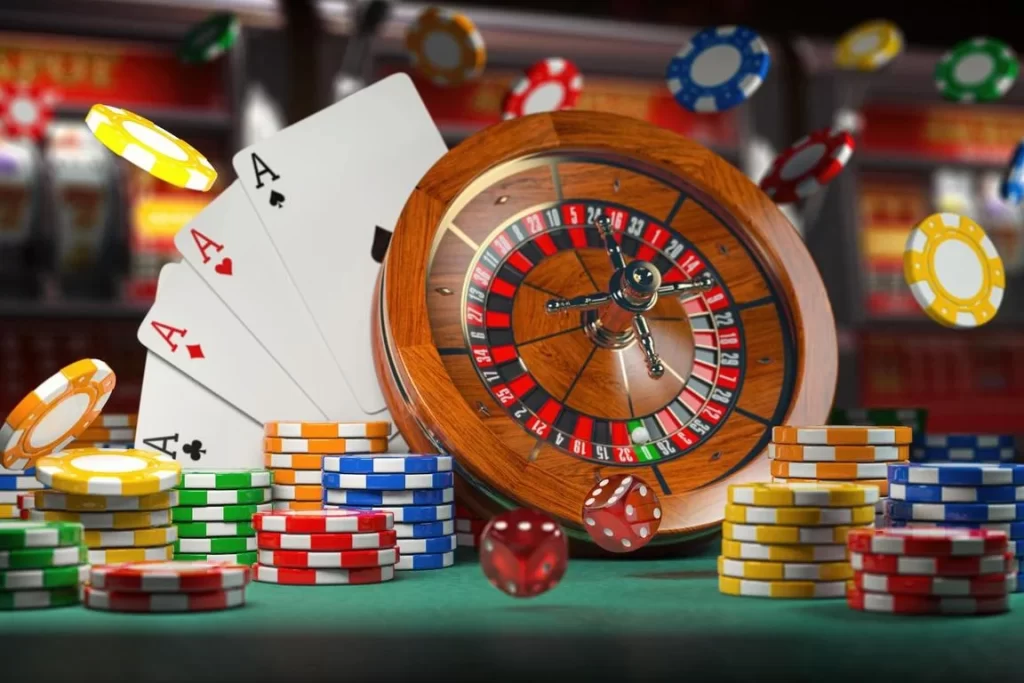The Psychology of Online Casino Players
The psychology of online casino players is a fascinating area of study that delves into the motivations, behaviors, and emotions that drive individuals to engage in online gambling. Understanding these psychological aspects is crucial for both the players and the operators of online casinos, as it can influence game design, marketing strategies, and responsible gambling initiatives. At the core of this psychology is the allure of excitement and the potential for financial gain. Many players are drawn to the thrill of chance, often experiencing heightened arousal levels when engaging in games of luck. This excitement is not merely about the possibility of winning money; it also encompasses the rush that comes from taking risks and the anticipation that builds as the outcome of a game unfolds. Moreover, the sense of escapism that online gambling offers plays a significant role in attracting players. For many individuals, gambling provides a temporary respite from daily stressors and challenges.

It allows them to immerse themselves in a virtual world where they can momentarily forget their problems and experience a sense of freedom. This escapism can be particularly appealing in today’s fast-paced and often overwhelming society, where individuals seek solace in activities that divert their attention and provide a break from reality. However, this can also lead to unhealthy gambling behaviors, as players may turn to online casinos as a coping mechanism, risking potential addiction. Social interaction is another critical factor in the psychology of online casino players. Despite the solitary nature of online gambling, many platforms incorporate social features, such as live chat options and multiplayer games, to foster a sense of community among players. This social dimension can enhance the overall experience, as players engage with others, share strategies, and celebrate wins together. The social aspect can also create a sense of belonging and validation, particularly for individuals who may feel isolated in their everyday lives.
However, it is essential to recognize that this social interaction can also lead to peer pressure and the normalization of gambling behaviors, potentially exacerbating issues related to gambling addiction. Another significant psychological component is the concept of loss aversion. Research in behavioral economics suggests that individuals are more motivated by the fear of losing than by the prospect of gaining and check this out jilibet.com to know more. In the context of online gambling, this can manifest in players’ decisions to chase losses, a behavior where they continue to gamble in an attempt to recover lost funds. This mindset can lead to a cycle of increasing stakes and ultimately result in significant financial losses. The design of online casino games often exploits this tendency by incorporating features that encourage continuous play, such as frequent small wins or bonus rounds that keep players engaged and hopeful. Finally, cognitive biases and misconceptions about gambling also play a crucial role in the psychology of online casino players.